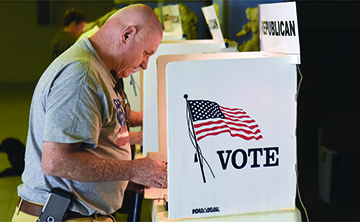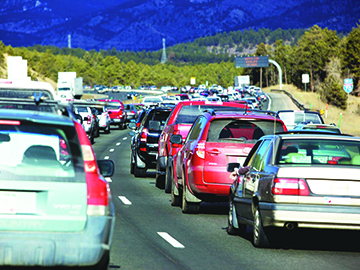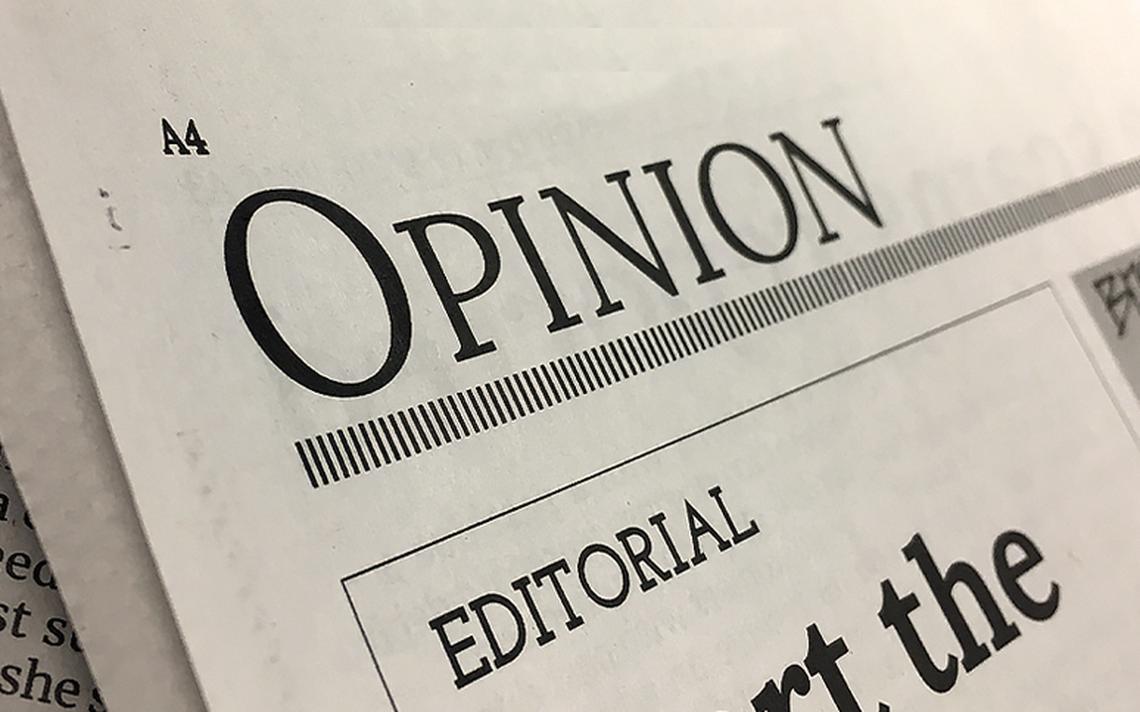 Mark Twain famously said: “If voting made any difference, they wouldn’t let us do it.” His remarks certainly apply to Colorado today as the new Colorado Transportation Bill SB21-260 demonstrates. Colorado voters have repeatedly declared, since 1992 with the adoption of the Taxpayer Bill of Rights (“TABOR”), that they wanted to be able to vote on approving new tax increases. Similarly, Colorado taxpayers have repeatedly said that they do not want new taxes for roads. In fall of 2019, Proposition CC failed which would have allowed the state to keep the refunds that would have otherwise gone back to taxpayers under TABOR for roads. In the fall of 2020, voters turned down two Propositions, 109 and 110, which would have raised taxes for roads. In addition the voters approved Proposition 117, a measure requiring voter approval on fee hikes that generate more than $100 million in revenue over five years.
Mark Twain famously said: “If voting made any difference, they wouldn’t let us do it.” His remarks certainly apply to Colorado today as the new Colorado Transportation Bill SB21-260 demonstrates. Colorado voters have repeatedly declared, since 1992 with the adoption of the Taxpayer Bill of Rights (“TABOR”), that they wanted to be able to vote on approving new tax increases. Similarly, Colorado taxpayers have repeatedly said that they do not want new taxes for roads. In fall of 2019, Proposition CC failed which would have allowed the state to keep the refunds that would have otherwise gone back to taxpayers under TABOR for roads. In the fall of 2020, voters turned down two Propositions, 109 and 110, which would have raised taxes for roads. In addition the voters approved Proposition 117, a measure requiring voter approval on fee hikes that generate more than $100 million in revenue over five years.
None of it mattered in the least. Under SB21-260 the state legislature imposes an estimated $4 billion in new fees over 10 years for so-called transportation needs. That is an estimated $1,750 per household. How did they do it? Well, they divided the fees into four different enterprises, none of them individually exceeds the limit. One other fee, however, easily exceeded the limit, but they put that fee into a Highway Users Tax Fund, and since it is not an enterprise, it does not need voter approval.
One would think the Colorado courts would strike down such shenanigans, but we are assured by the conservative Independence Institute that the Colorado Supreme Court would find a way to approve the same. Given the black eye the Colorado judiciary has gotten from the discovery that the Judicial Department and Colorado’s former chief justice awarded a multimillion dollar contract to an employee to prevent her from disclosing incidents of workplace misconduct and sex discrimination, the courts might want the citizens to at least think they are not so biased that they can render impartial rulings, but apparently not.
The solution the Independence Institute gives us, is that ultimately the voters can punish those legislators who passed the legislation over the wishes of the voters. But in Colorado that has become a joke. Mail-in ballots and ballot harvesting in Denver make it impossible for anybody but a Democrat to win statewide office and assures a Democrat controlled State House and State Senate. That is why the State Legislature could care less what the voters want or do not want.
 There is at least a silver lining in all of this. Voters have indicated that they do not want new taxes or new fees used to build and repair roads and bridges, and under SB21-260 very little of the money will be used for that. It is estimated the roads and bridges will be involved in only 17% to 18% of the spending and rest used for subsidies for electric cars and multimodal transportation. So, after a flurry of spending the roads in Colorado will remain highly congested and in poor repair. Nothing will change except the lightening of the public pockets.
There is at least a silver lining in all of this. Voters have indicated that they do not want new taxes or new fees used to build and repair roads and bridges, and under SB21-260 very little of the money will be used for that. It is estimated the roads and bridges will be involved in only 17% to 18% of the spending and rest used for subsidies for electric cars and multimodal transportation. So, after a flurry of spending the roads in Colorado will remain highly congested and in poor repair. Nothing will change except the lightening of the public pockets.
You could, of course, call your duly elected state representative/senator but many of them are not even bothering these days to take such calls or read constituent mail. Why should they? In case you have not figured it out yet, you don’t live in a democratic republic in Colorado, but an interesting form of an oligarchy. You can have fun voting, relieved of any burden that your vote, as Mark Twain noted, “makes any difference.”
— Editorial Board

